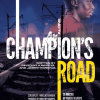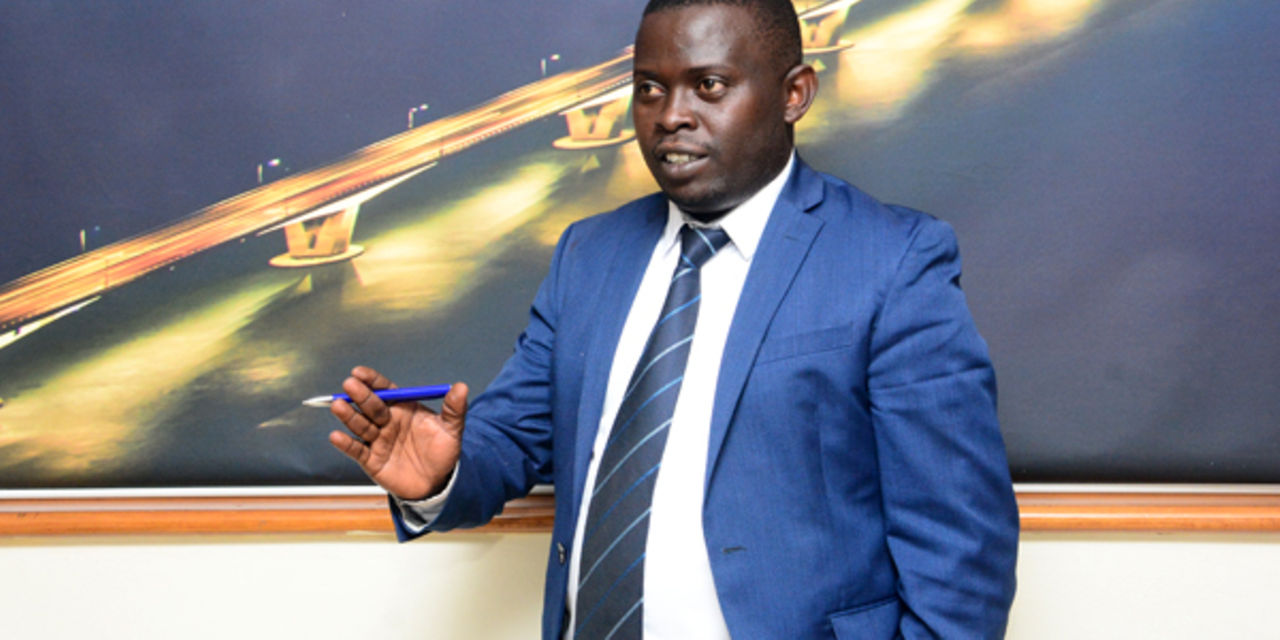By Andrew Besi
Last December, Rt. Hon. Thomas Tayebwa hit back at what he felt were unfair remarks made against the Legislature by Maj. Gen(Rtd) Kahinda Otafiire.
“The questions of 1986 when some people came from the bush”, Tayebwa stated, “might be the questions of today but the answers are totally different.”
Hegel’s philosophy defines history as a linear procession of epochs. Progress in technology (early man smelting iron with fire to make tools, cook food and make weapons) and the resulting cumulative resolution of conflict allowed humans to advance from tribal to feudal to, in the case of what we now term the global north, industrial society.
At the dawn of our Independence from Great Britain in October of 1962, Ugandans were possessed of an indelible hope that the promise of a bright future was finally in their grasp. In unison, they declared “Oh Uganda May God uphold thee, we lay our future in thy hand.”
In December 1980, one year after Amin’s ouster, this hope was once again hijacked by Dr. Obote’s Uganda Peoples’ Congress. This caused some members of the Uganda Patriotic Movement (UPM) to form, in 1981, a peoples’ army - the Popular Resistance Army (PRA) to wage war in the thickets and bushes of our vast Luweero Triangle.
Not until January 26th 1986 did Ugandans finally witness reciprocal and equal agreement among citizens to mutually recognise each other. With a new vigor, Ugandans under the rubric of the National Resistance Movement ideology of Patriotism, Pan Africanism, Democracy and Socio-Economic Transformation set about to recover and rebuild not only our collapsed economy and destroyed lives BUT also our National Identity.
In 2005, following a referendum in which I suspect the Rt.Hon.Tayebwa was an enthusiastic supporter, we the people recognised that our political ideologies were divergent and so we opted for what is termed as “multiparty political dispensation.”
My view is that it was 2005 that marked the descent of our political philosophy into a doldrum that is now largely corrupt and entirely unbothered by the universalisation of economic prosperity for all Ugandans and Africans - Ideological Disorientation.
Nowonder then, just 10 years later, at an Africa Peer Review Forum in Durban, South Africa, president Museveni listed Ideological Disorientation as the first strategic bottleneck facing Africa.
This disorientation is seen in the increasing ways in which many members of our august house and in civil service conduct themselves, especially at a time when prudence and humility are needed as a measure to calm the increasing financial distress that many Ugandan households are enduring. For instance, in a year when we were asked to adopt soldiery financial discipline in light of global financial discomfort, Rt.Hon. Tayebwa and his boss, Rt. Hon. Among took delivery of two unnecessary Mercedes Benz limousines.
It is extravagances such as these and their consequent negative impact on citizen morale that give impetus to ideologically disoriented political groupings, serving foreign interests. These groupings, one whose leader was once described as an “empty headed demagogue”, with a flair for cynicism, now dominate political conversation.
This January, Uganda marks its 37th Liberation Day anniversary, and yet as it was in 1980 and much earlier on in 1884 when the European powers curved Africa amongst themselves, Uganda once again risks missing ‘the bus of industrialisation’ and therefore the universalisation of economic prosperity for all.
Today many public servants have adopted Mobutu’s “yibana mayele - steal cleverly, little by little” dictum. Yibana mayele has extended to our banking halls, pulpits, to our schools and to our medical facilities. Where once, the national flag and our anthem had meaning, we now have formality because well, “I was born in 1980, I wasn’t part of your problems.”
But perhaps I misjudge Mr. Tayebwa. He is afterall a fine gentleman with the misfortune to superintendent a house of individuals who take on absurd mantles to construct roads, and buy ambulances for their constituencies on account of a refusal by state entities to provide these - even when funds are available!!
Perhaps, I should instead blame those that emerged from Luweero and for years were part of the government, for forgetting the ideals and beliefs that saw them brave Luweero for 5 years?! Was it not they that allowed for Civil Society entities to be foreign political vehicles used to sabotage the 10 point program and ridicule UPE, and other programs?
Was it not on their watch that Yibana mayele blossomed? Was it not on their watch that cynicism and indifference became acceptable political nuances?
Regardless, what we expect of Mr. Tayebwa and all leaders - including Ministers, Permanent Secretaries, Bishops, Imams and LCs is a renewal of their commitment to reject Yibana mayele and the disorientation that arises from it. We expect an honest conversation with the historicals!!






Comments